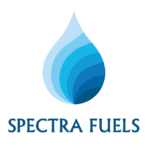Autonomous Bunkering Barges: The Next Frontier in Fuel Delivery
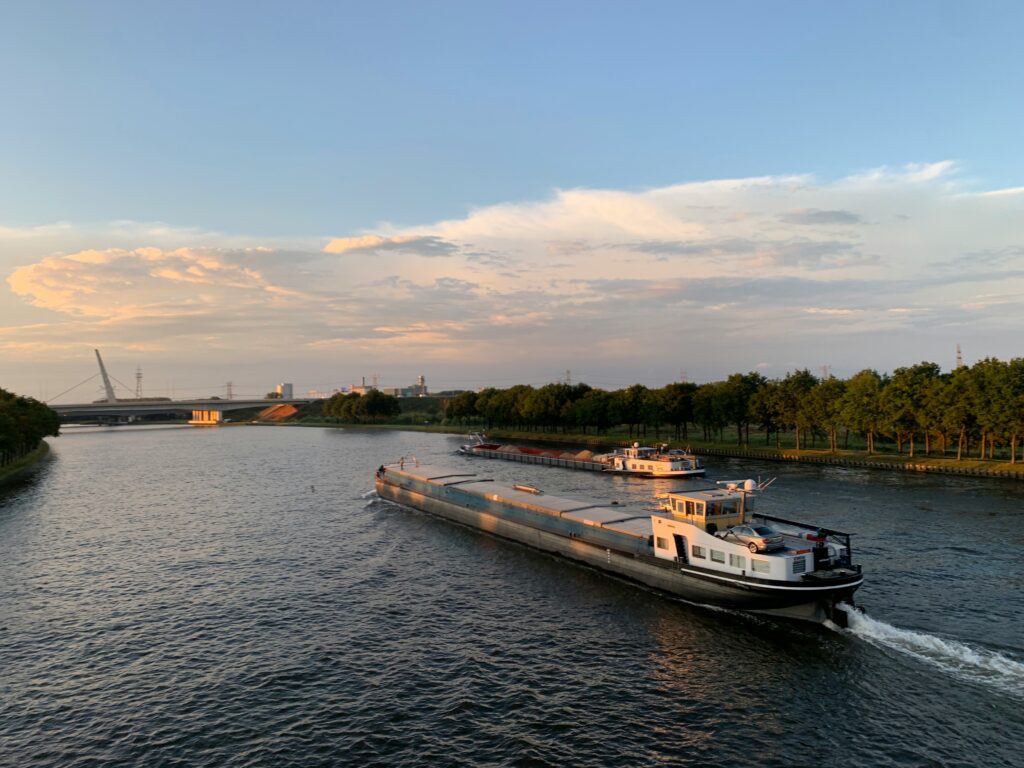
Imagine a fuel barge gliding effortlessly across the water, operating quietly and efficiently. There’s no captain issuing commands or crew managing cumbersome hoses. Instead, sophisticated sensors monitor the environment, AI determines the safest path, and robotic arms facilitate fuel transfers. This concept is not a distant dream; the shipping and fuel delivery sector is already […]
Beyond the Basics: Mastering Ultrasonic Flow Meter Calibration in Dynamic Bunkering Conditions
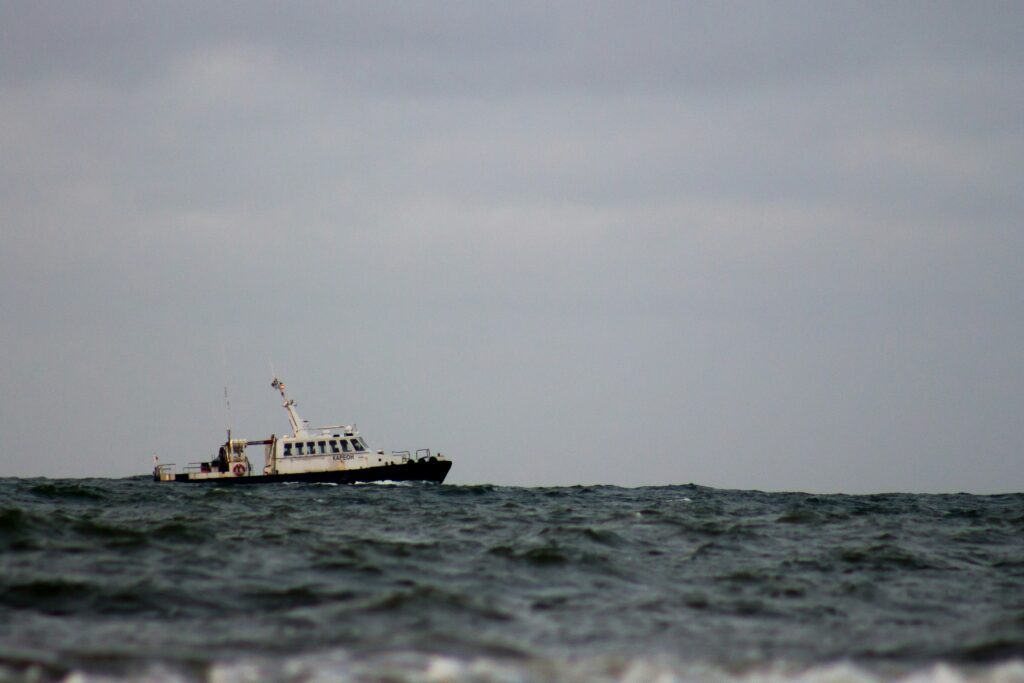
Measuring the flow of fuel during bunkering — the process of refuelling ships — may seem straightforward. After all, it’s just liquid flowing through a pipe, right? Yet, anyone involved in marine fuel transfer knows that beneath this simple façade lies a complex set of challenges. Ultrasonic flow meters (UFMs), the favoured technology in bunkering, […]
Carbon Capture & Storage at Sea: Integrating CCS with Onboard Fuel Systems
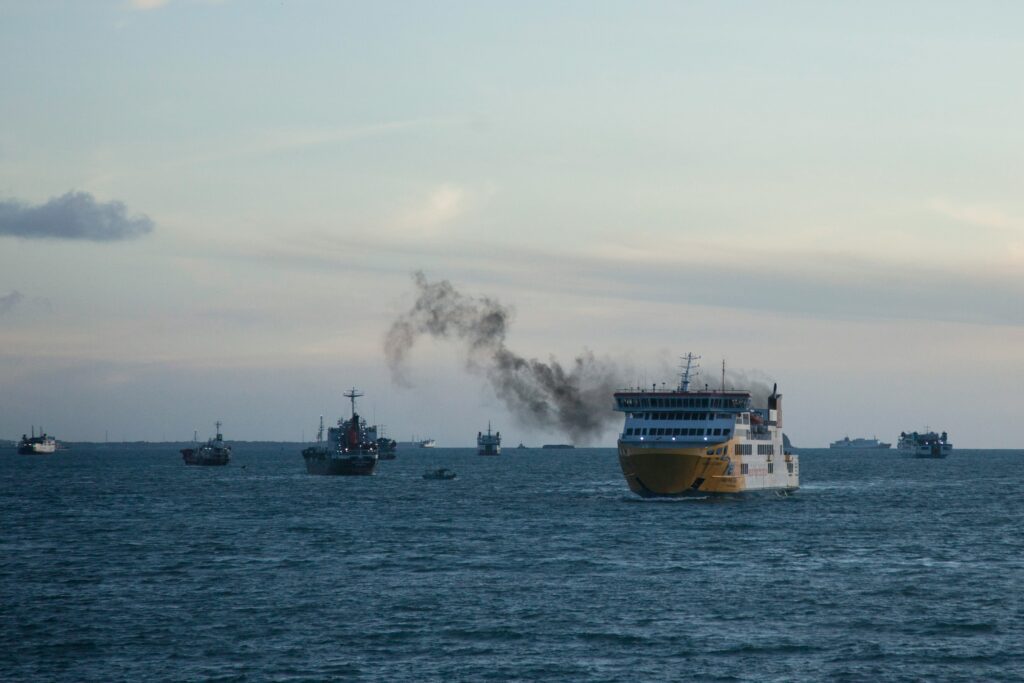
Introduction As the maritime industry accelerates its shift toward sustainability, it faces the challenge of reducing greenhouse gas (GHG) emissions without compromising global trade efficiency. While alternative fuels such as biofuels, methanol, and ammonia are gaining traction, their widespread adoption remains uneven and limited by infrastructure, cost, and technological readiness. In this context, Carbon Capture […]
Managing Bunker Fuel Contamination: Causes, Detection, and Mitigation Strategies
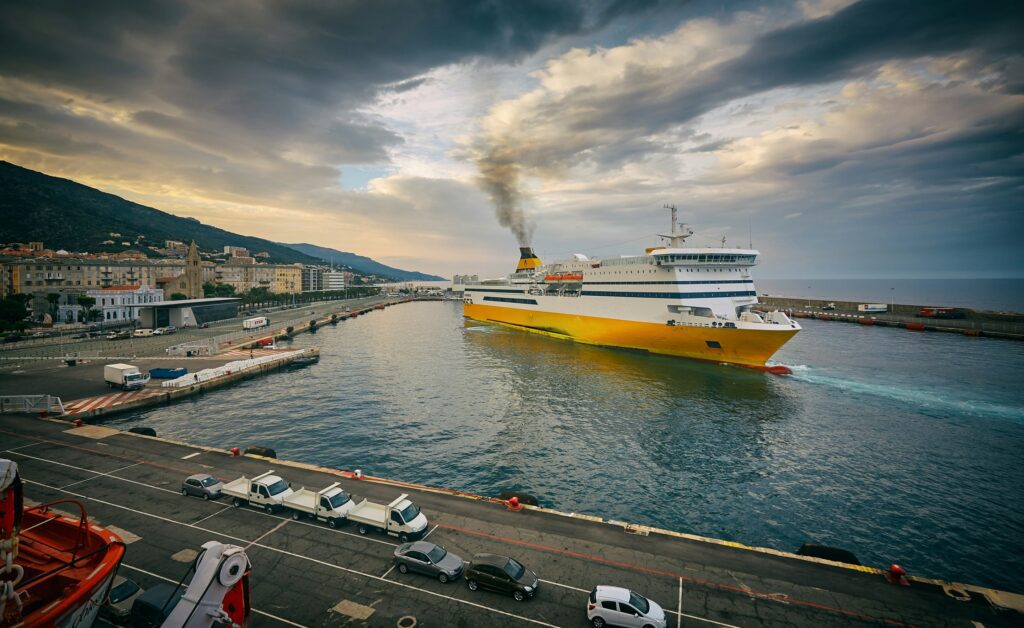
Bunker fuel is the lifeblood of the global shipping industry, powering millions of vessels that traverse the world’s oceans. However, its importance goes beyond merely being the energy source for ships; the quality of bunker fuel directly impacts engine performance, efficiency, and even safety. One of the major threats to bunker fuel quality is contamination, […]
Traceability and Transparency in Bunker Fuel Supply Chains: Leveraging Blockchain for Quality Assurance
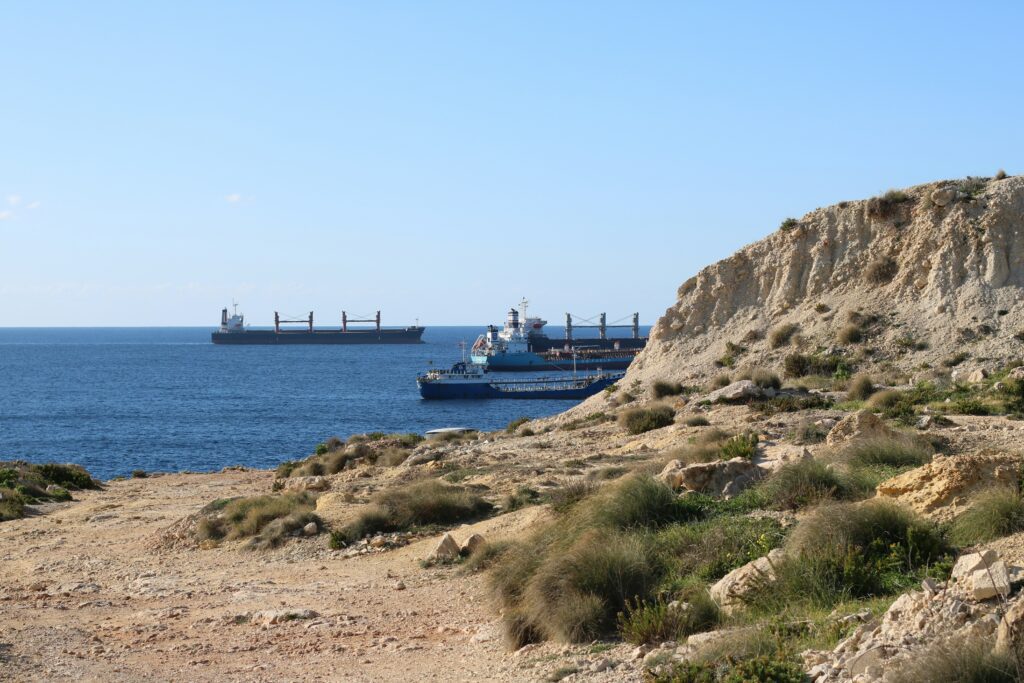
Introduction: The Growing Importance of Traceability and Transparency in Bunker Fuel Supply Chains In today’s maritime industry, ensuring the quality and integrity of bunker fuel is more critical than ever. With stringent environmental regulations, increasing concerns over fuel contamination, and the complex nature of global supply chains, the demand for greater traceability and transparency in […]
The Impact of Viscosity Variations on Marine Engine Performance and Fuel Consumption
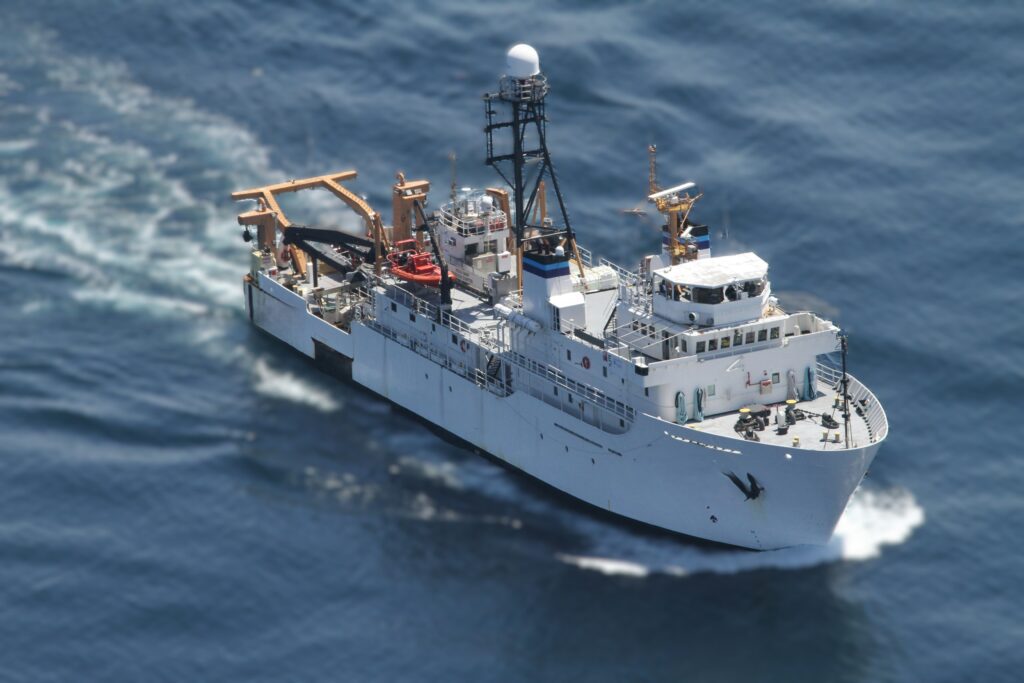
Introduction: The Subtle Influence of Viscosity on Marine Engines Viscosity is a fundamental property of fuel that plays a crucial role in the performance of marine engines. It affects fuel flow, combustion efficiency, and overall engine operation. While often overlooked, variations in fuel viscosity can have a significant impact on engine performance and fuel consumption. […]
Detecting Cat Fines in Bunker Fuel: Enhancing Fuel Safety and Engine Protection

Introduction: The Unseen Threat Lurking in Bunker Fuel In the complex and dynamic world of maritime operations, the health of a vessel’s engine is paramount. The propulsion system is the beating heart of a ship, driving it across vast oceans and ensuring the delivery of goods to destinations around the globe. However, within the fuel […]
Digital Disruption in Bunkering: Transforming Supply Chain Efficiency
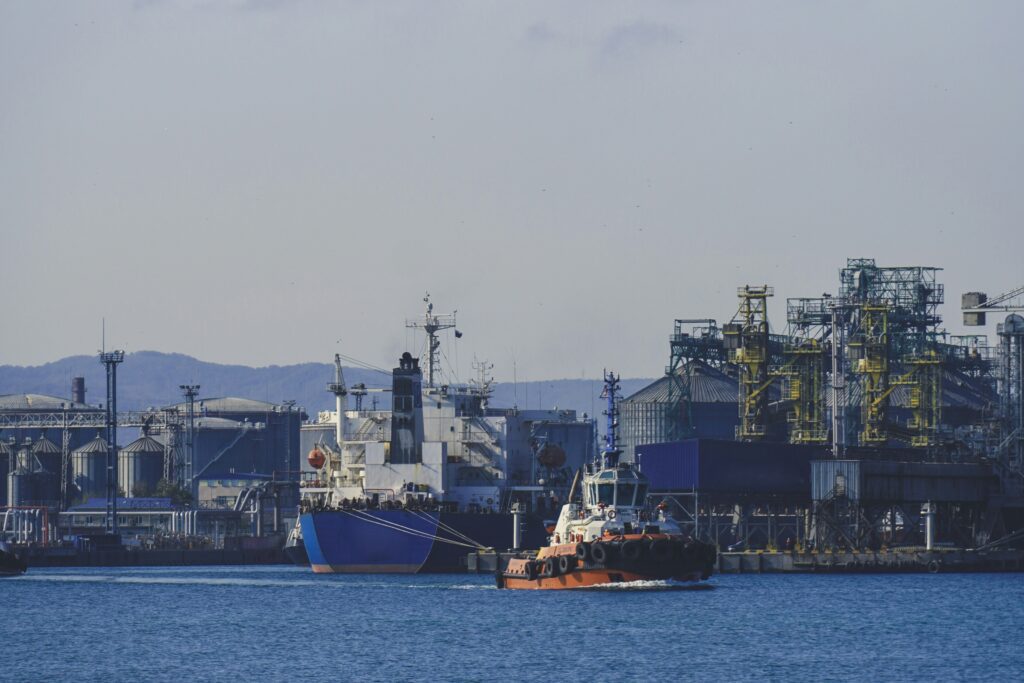
The bunkering industry, traditionally characterized by manual processes, paper-based transactions, and a lack of transparency, is now embracing digital technologies to enhance supply chain efficiency, reduce operational costs, and improve environmental compliance. This article explores the impact of digital disruption in bunkering, focusing on how it is transforming supply chain efficiency and reshaping the future […]
The Role of Machine Learning in Enhancing LPG Quality Control During Bunkering
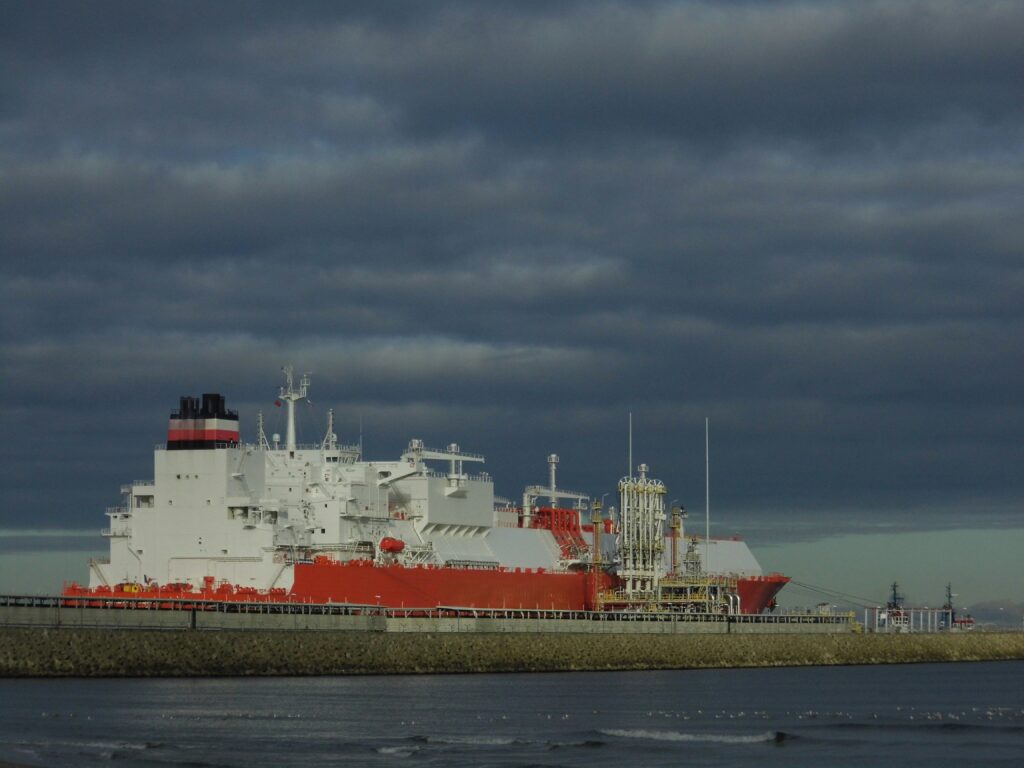
Liquefied Petroleum Gas (LPG) is a versatile and widely used fuel source, particularly in the maritime industry. During the bunkering process, where LPG is transferred from a supplier to a ship, ensuring consistent fuel quality is crucial for safe and efficient operations. However, traditional quality control methods often face challenges in detecting and addressing potential […]
Economic Impact Analysis of AI and Automation Adoption in the LPG Bunkering Sector
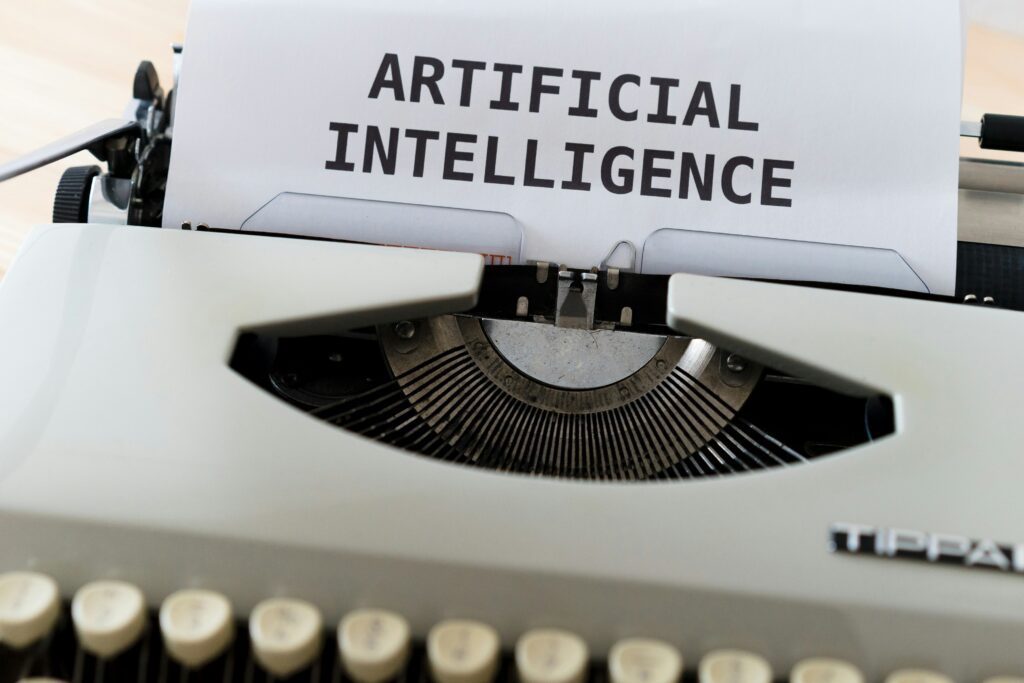
As the maritime industry faces increasing pressure to reduce its environmental footprint, LPG bunkering has become a viable solution for achieving sustainability goals. AI and automation have become increasingly significant in modern industries due to their ability to enhance efficiency, reduce costs, improve decision-making, and enable new capabilities. These technologies are transforming traditional operations by […]
